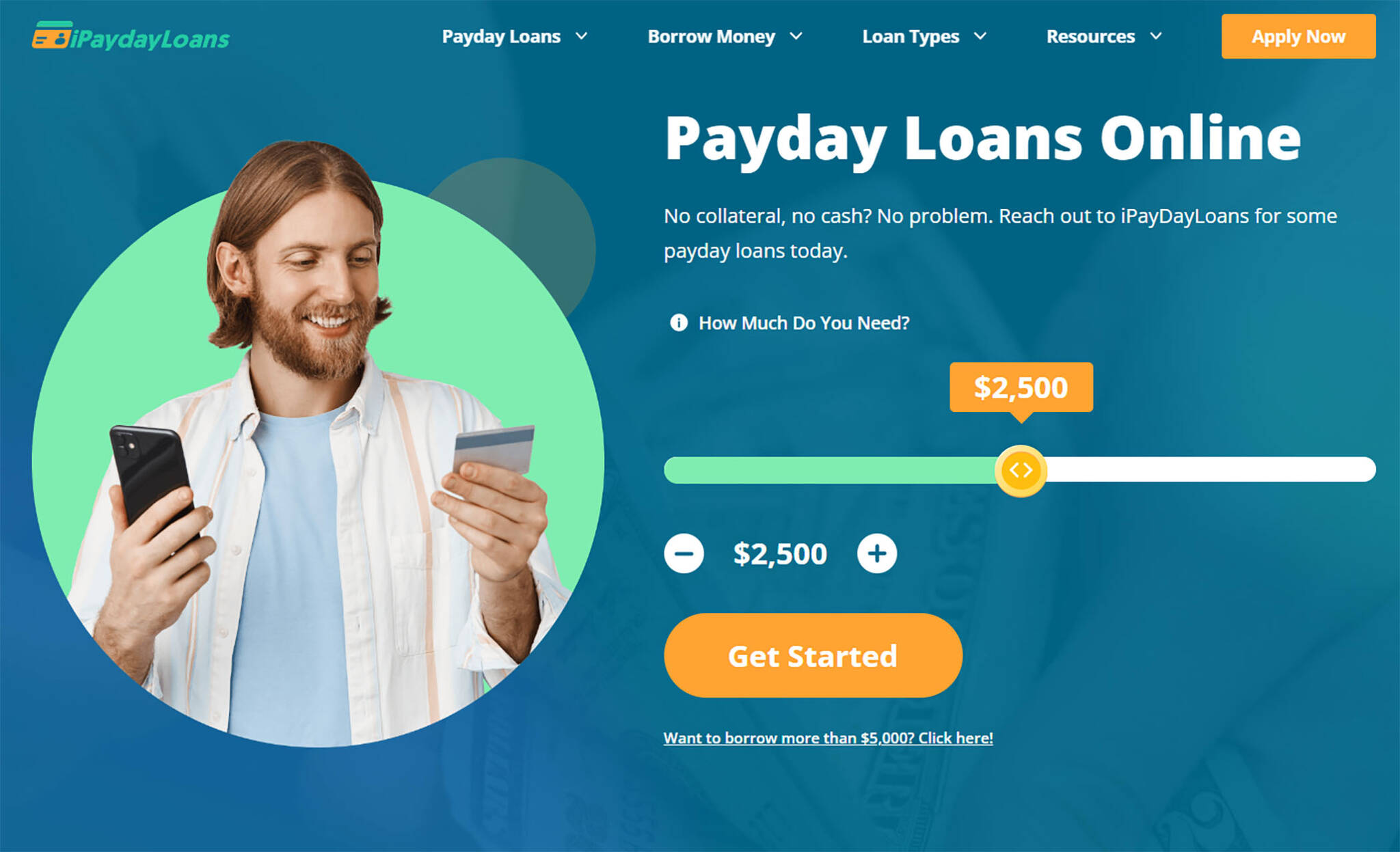$255 Payday Loans Online Same Day California Instant Approval

In California, the promise of quick cash through $255 payday loans online with same-day approval is increasingly tempting for individuals facing financial shortfalls. While these loans offer immediate relief, they come with steep costs and potential long-term financial consequences, sparking debate among consumer advocates, lenders, and regulators.
This article delves into the world of $255 payday loans in California, examining their mechanics, regulations, associated risks, and potential alternatives. We will explore the perspectives of various stakeholders, providing a comprehensive overview of this controversial lending practice. The goal is to equip consumers with the knowledge necessary to make informed decisions and understand the potential ramifications of relying on these high-interest loans.
The Allure and Mechanics of $255 Payday Loans
Payday loans, particularly the $255 variety common in California, are short-term, high-interest loans designed to bridge the gap between paychecks. The relatively small loan amount, coupled with the promise of instant approval and same-day funding, makes them appealing to individuals facing urgent expenses.
Lenders often advertise these loans as a convenient solution for unexpected bills, car repairs, or other financial emergencies. The application process is typically streamlined, requiring minimal documentation and often conducted entirely online. This accessibility contributes to their popularity, particularly among those with limited access to traditional credit.
The core mechanic involves the borrower providing a post-dated check or authorizing an electronic debit from their bank account for the loan amount plus fees. These fees, often expressed as a percentage of the loan, translate to extremely high annual percentage rates (APRs), sometimes exceeding 400%. These rates are significantly higher than those associated with traditional loans or credit cards.
California Regulations and Consumer Protections
California law regulates payday lending through the California Deferred Deposit Transaction Law. This law sets the maximum loan amount at $300, but after fees, the actual amount received by the borrower is capped at $255. The law also limits the loan term to a maximum of 31 days.
While these regulations aim to provide some protection, consumer advocates argue that they are insufficient to prevent borrowers from falling into a cycle of debt. The high fees and short repayment periods often make it difficult for borrowers to repay the loan on time, leading to renewals or rollovers that incur additional charges.
The California Department of Financial Protection and Innovation (DFPI) oversees payday lenders and investigates complaints of violations. Consumers can file complaints with the DFPI if they believe a lender has engaged in unfair or illegal practices. However, enforcement efforts can be challenging, particularly with the proliferation of online lenders operating outside the state's direct jurisdiction.
The Risks and Drawbacks of Payday Loans
The most significant risk associated with $255 payday loans is the high cost of borrowing. The APRs can be exorbitant, making it challenging for borrowers to repay the loan and associated fees without further financial strain.
Failure to repay the loan on time can lead to late fees, bounced check charges, and overdraft fees, further exacerbating the borrower's financial situation. Repeated rollovers or renewals can trap borrowers in a cycle of debt, where they are constantly paying fees without significantly reducing the principal balance.
Furthermore, defaulting on a payday loan can negatively impact a borrower's credit score, making it more difficult to obtain credit in the future. Some lenders may also engage in aggressive collection practices, including harassing phone calls or threats of legal action. Consumer advocacy groups like the Consumer Federation of California consistently warn against the dangers of these loans.
Alternatives to Payday Loans
Before resorting to a $255 payday loan, consumers should explore alternative options for addressing their financial needs. These alternatives may offer more favorable terms and lower interest rates.
Consider options such as: requesting an extension on bills, negotiating a payment plan with creditors, seeking assistance from local charities or non-profit organizations, or applying for a personal loan or credit card. Credit unions often offer smaller, short-term loans with more reasonable interest rates than payday lenders.
Another option is to explore paycheck advance apps, which allow employees to access a portion of their earned wages before payday. These apps typically charge lower fees than payday loans and may offer financial education resources to help users manage their finances more effectively.
The Lender Perspective
Payday lenders argue that they provide a valuable service to individuals who are unable to access traditional credit. They contend that the high interest rates are necessary to cover the risk of lending to borrowers with poor credit histories.
Some lenders also emphasize the convenience and speed of payday loans, arguing that they provide a vital safety net for individuals facing unexpected expenses. They maintain that their lending practices are transparent and comply with all applicable regulations.
However, critics argue that these justifications fail to address the inherent unfairness of payday lending. Critics point to the fact that the business model relies on borrowers' inability to repay the loan, perpetuating a cycle of debt that disproportionately affects low-income communities.
The Future of Payday Lending in California
The future of payday lending in California remains uncertain. Ongoing debates about the effectiveness of existing regulations and the need for further consumer protections continue to shape the legislative landscape.
Increased scrutiny from consumer advocacy groups and regulatory agencies is likely to lead to more stringent regulations in the future. The rise of alternative lending models, such as paycheck advance apps, may also reduce the demand for traditional payday loans.
Ultimately, empowering consumers with financial literacy and providing access to affordable credit options are key to mitigating the risks associated with payday lending and promoting financial well-being. The DFPI continues to explore ways to better protect consumers from predatory lending practices.
While $255 payday loans may appear to be a quick fix for immediate financial problems, understanding their potential long-term consequences is crucial. Exploring alternatives and making informed decisions are essential steps toward achieving financial stability.


















